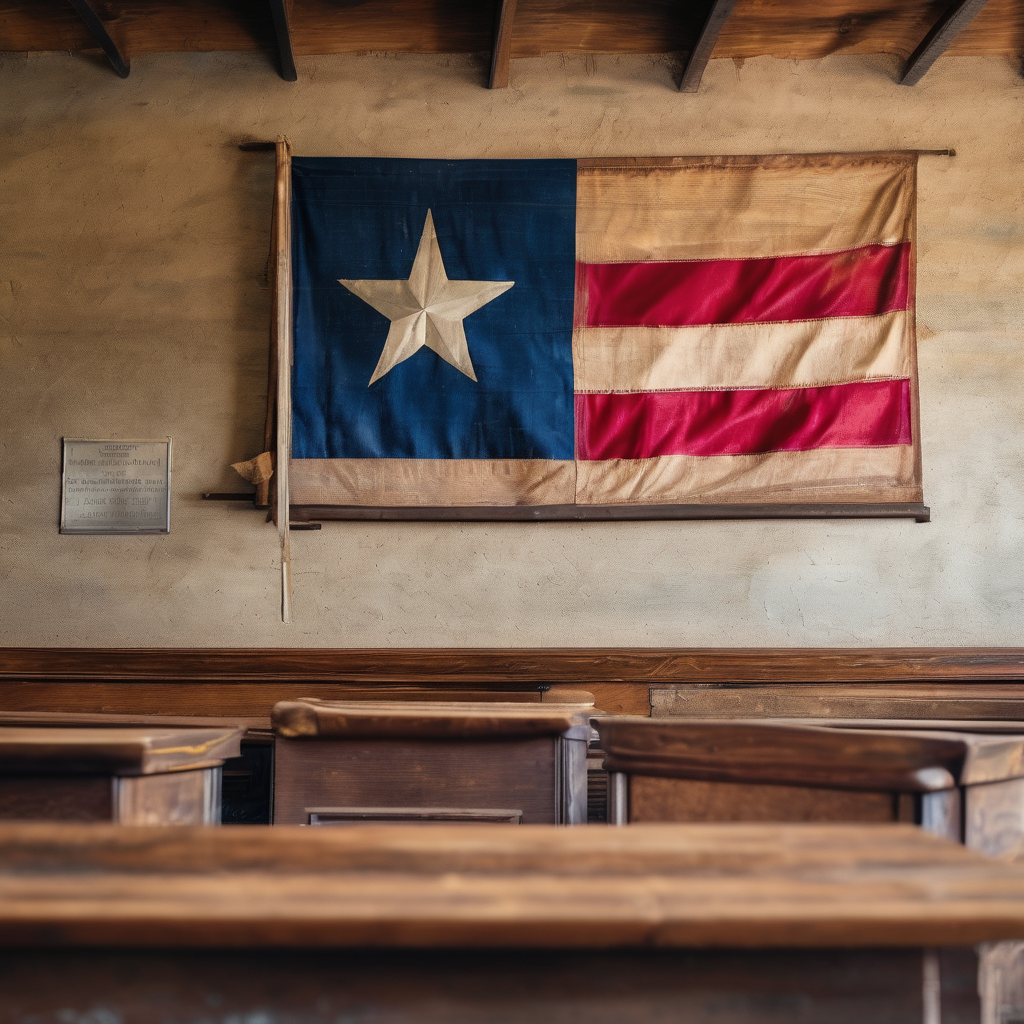The American Civil Liberties Union (ACLU) of Texas is heralding a recent federal judge’s ruling as a significant advancement for religious freedom. Judge Orlando L. Garcia has issued a preliminary injunction that requires certain public school districts in Texas to take down displays of the Ten Commandments, following a lawsuit questioning the constitutionality of a state law mandating these displays, which has ignited ongoing legal disputes.
This ruling is part of a broader wave of legal challenges against laws in states such as Arkansas and Louisiana that also call for schools to post the Ten Commandments. In these instances, similar court decisions have leaned towards favoring the plaintiffs, and experts anticipate that these cases may eventually be escalated to the U.S. Supreme Court.
The Texas law, enacted by Republican Governor Greg Abbott in June, is under fire from families with diverse religious beliefs—including agnostic, atheist, Jewish, Christian, Hindu, and Baha’i—who assert that it infringes upon the Establishment Clause of the First Amendment. Judge Garcia noted in his ruling that these families are unified in their desire for their children to be shielded from religious influences tied to the Ten Commandments.
He elaborated that enforcing the law would likely make it impractical to prevent students from encountering unwelcome religious displays, a scenario the families sought to avoid.
Daniel Mach, the director of the ACLU’s Program on Freedom of Religion and Belief, celebrated the ruling as a victory, stating that it reaffirms the constitutional principle preventing public schools from imposing religious texts on students.
The restraining order issued on Tuesday is temporary, with further court proceedings set to determine the law’s ultimate fate. Meanwhile, Texas Attorney General Ken Paxton, who is representing the state in this litigation, has previously expressed intentions to contest similar rulings and has recently initiated legal action against two school districts for their noncompliance with the law. He criticized the districts for allegedly disregarding the wishes of Texas voters who expect the state’s legal and moral heritage to be visible in schools.
This ruling could set a noteworthy precedent in the ongoing discussions about the intersection of education, law, and religious freedom in public institutions.
